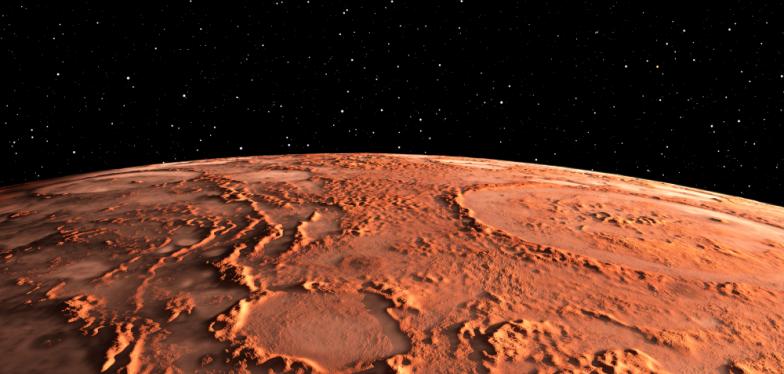Life on Mars? Ask Vinciane Debaille, geologist at ULB
On Thursday 18 February 2021, the world witnessed the delicate but perfect precision landing of NASA's Mars Perseverance Rover. In 2033, we will know for sure if there was ever life on Mars - or if there still is. Belgian Vinciane Debaille is one of five European scientists selected by the European Space Agency (ESA) to participate in the NASA mission.

The robot spent no less than seven months travelling to the Red Planet. Today, it lies on the flat bottom of the Jezero Crater, where two rivers once flowed together into a lake. This is where there are the greatest chances of finding microscopic traces of single-cell life - Martian bacteria. High-tech instruments such as sensors, more than 20 cameras, drills, a laser and even a mini-helicopter to fly over the terrain, will collect environmental data and transmit it to an international team of scientists on Earth, including our compatriot and ULB geologist Vinciane Debaille. Based on this data, she and her colleagues will determine the best route for the Mars rover to pick up the most suitable pieces of rock.
By 2028, these samples will be sent to Earth, where they will remain in quarantine until Vinciane Debaille and her colleagues, who are all trained in patience, examine them with a great deal of skill and passion in 2033.